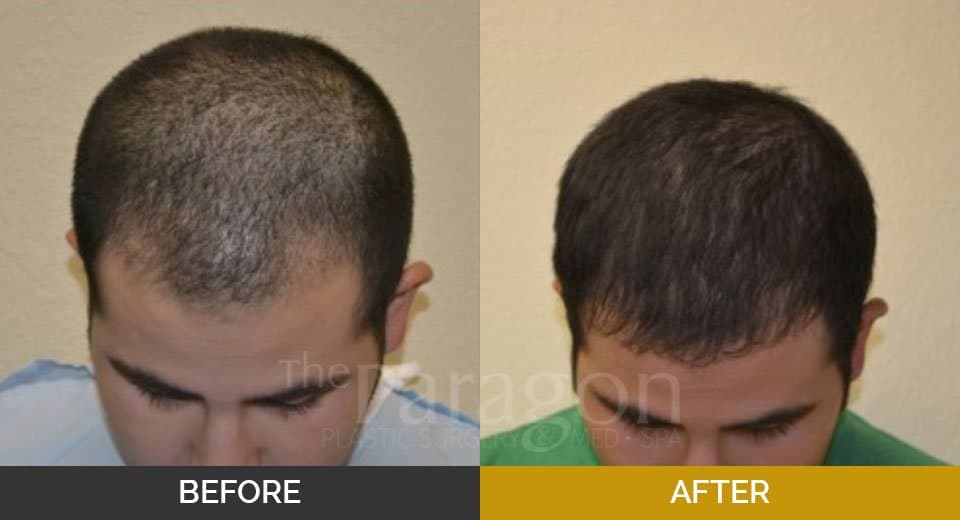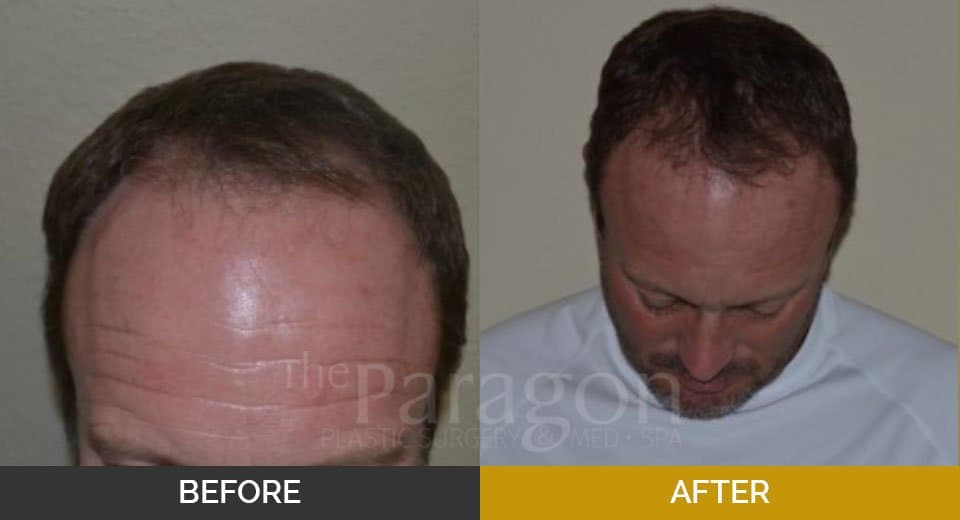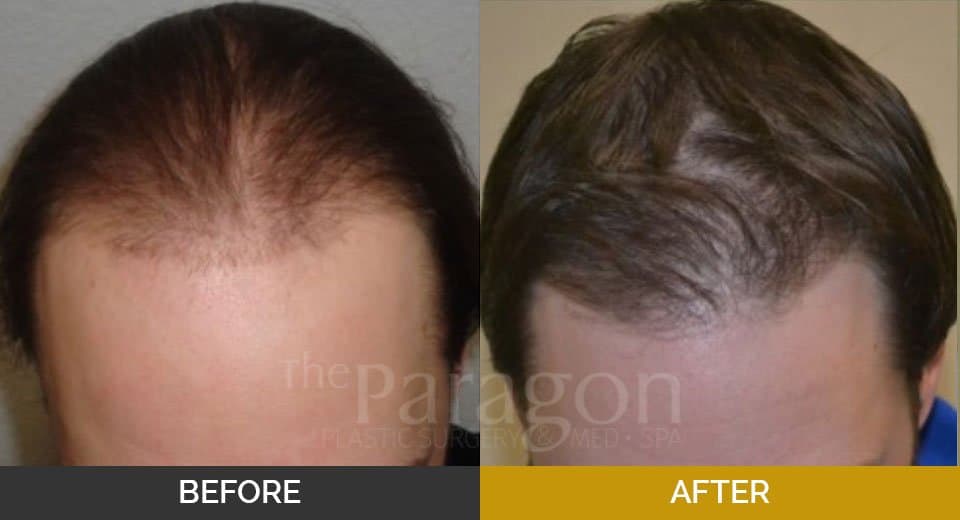The ARTAS System with Dr. Bishara

By the age of 50, approximately 50 percent of all men experience some degree of hair loss. Prescription remedies can offer some benefits to existing hair, but hair restoration is the only permanent solution for hair loss and often achieves a natural, undetectable result. For the very latest technology in hair restoration, Dr. Mark Bishara is now using the ARTAS System. This interactive, computer assisted equipment employs image guidance to enhance the quality of hair follicle harvesting. ARTAS is the first hair transplant robot to improve the most challenging aspects of Follicular Unit Extraction (FUE).
This physician-controlled, state-of-the-art system enables the harvesting of hair follicles during hair restoration procedures. It offers numerous beneficial features, including an image-guided robotic arm, special imaging technologies, small dermal punches and a computer interface. The ARTAS System is capable of identifying and harvesting individual follicular units to implement the FUE technique. The device, guided by cameras and 3-D imaging software, can perform the dissection of hair follicles individually at a rate of up to 1,000 per hour.
Follicular Unit Extraction (FUE) offers less discomfort and a faster return to normal daily activities than traditional, more invasive methods of hair restoration. Performed in Dr. Bishara’s Mansfield or Southlake office, FUE with ARTAS moves healthy, functioning follicles to the areas of the patient’s scalp most impacted by baldness for more dramatic results. The implanted hairs develop their own blood supply, begin to grow and new hairs are seen a few months after the procedure has taken place. New hair continues to grow over the course of a full year, making the change in the patient’s appearance gradually noticeable to others. Healing time is short, and there is no resultant linear scar as happens with other methods of hair restoration. The only evidence is tiny, white scars left in the donor area, which are the same as those produced by manual FUE.
Robotic FUE with ARTAS increases the accuracy of harvesting grafts to minimize damage to the follicles. It also reduces harvesting time and improves the chances of graft survival. The FUE procedure involves removing hair directly from the donor region of the scalp in individual, naturally-occurring groups of one to four hairs. Dr. Bishara begins the procedure by separating the follicular units from the surrounding skin. The follicular units are then extracted from the scalp. Once a recipient site has been created, Dr. Bishara will implant the follicular unit grafts into the area to take root.
The use of the ARTAS System has significantly increased the accuracy and usefulness of the FUE procedure, and Bishara Cosmetic Surgery is the first hair restoration center in Texas to use the new robotic device for FUE.
Before and After Pictures of Dr. Bishara’s Patients:
Benefits of the ARTAS System- Technology Makes a Difference
The ARTAS System for FUE employs an image-guided robotic arm to separate follicular units from the surrounding tissue for subsequent extraction. The image-guided system allows this step to be accomplished with great precision. The procedure is performed under local anesthesia which makes it painless.
From the efficiency of the ARTAS System in extracting follicular unit grafts to the quality of the grafts to patient safety, the benefits are many. You can receive a high quality hair transplant with a less intensive time commitment, less anesthesia needed to numb the area, improved hair growth rates and a better overall FUE hair transplant experience.
If you have any questions or would like to speak to a member of our team about the ARTAS® Robotic System, please call us at (817) 473-2120 or click on the button below:







 Each follicular unit is digitally tracked.
Each follicular unit is digitally tracked.








